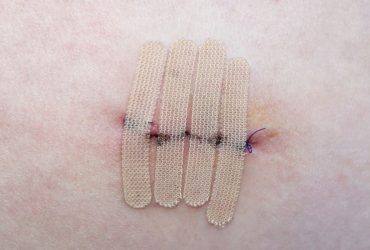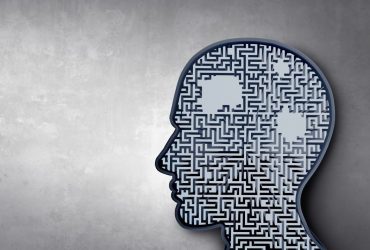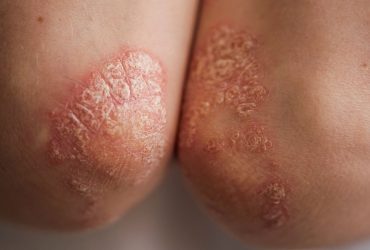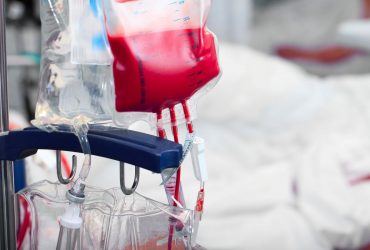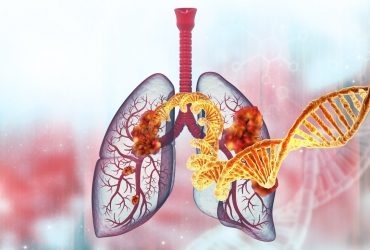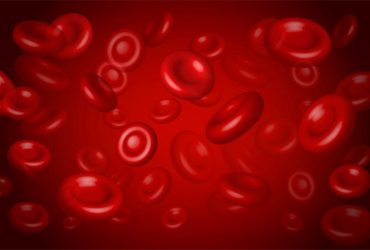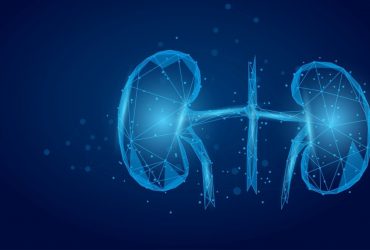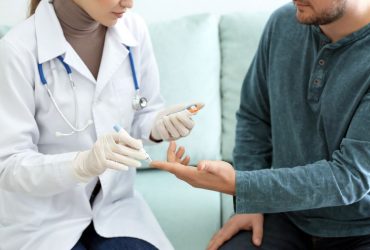Recurrence developed in more patients who did not receive additional treatment and in fewer receiving nonsurgical treatments
Increase in plasma p-tau181 levels seen in patients with incident psychosis over follow-up versus those with psychosis at baseline
Increasing joint pain intensity associated with overall fatigue in patients with psoriasis with or without psoriatic arthritis
No significant change seen in unfavorable neurologic outcome as assessed by score on GOS-E at six months
Improved progression-free survival seen for amivantamab-lazertinib versus osimertinib as first-line treatment
Prophylaxis recommended over episodic treatment of bleeding events for severe and moderately severe hemophilia A and B
24.9 percent received creatinine and UACR screening; Hispanic ethnicity associated with lack of screening
Age, gender, hypertension, and alcohol consumption may influence the association



